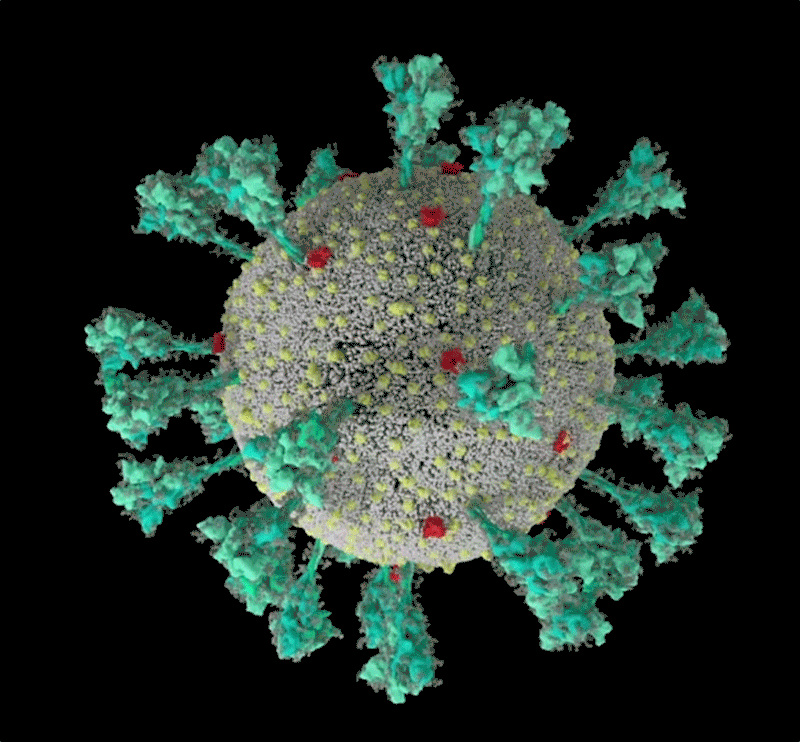Many people are experiencing increased stress and anxiety as we continue to battle COVID-19. A blog post from the director of the National Institute of Mental Health states “The mental health impacts of COVID-19 continue. From all that we know, it is clear these impacts will outlive the pandemic itself.”[1] The American Psychological Association reports that many people are coping with their stress in unhealthy ways including increased alcohol consumption.[2]
Mental Health Resources
Mental Health from MedlinePlus Mental health includes our emotional, psychological, and social well-being. It affects how we think, feel, and act as we cope with life.
How to Improve Mental Health from MedlinePlus: provides health information and tips for improving your mental health.
Depression from MedlinePlus Depression is more than just a feeling of being sad or “blue” for a few days. If you are one of the more than 19 million teens and adults in the United States who have depression, the feelings do not go away.
Anxiety from MedlinePlus Anxiety is a feeling of fear, dread, and uneasiness. It might cause you to sweat, feel restless and tense, and have a rapid heartbeat. It can be a normal reaction to stress. For example, you might feel anxious when faced with a difficult problem at work, before taking a test, or before making an important decision.
SAMHSA (The Substance Abuse and Mental Health Services Administration) leads public health efforts to advance the behavioral health of the nation and to improve the lives of individuals living with mental and substance use disorders, and their families.
Caring for your Mental Health – National Institute on Mental Health Mental health includes emotional, psychological, and social well-being. It affects how we think, feel, act, make choices, and relate to others. Mental health is more than the absence of a mental illness—it’s essential to your overall health and quality of life. Self-care can play a role in maintaining your mental health and help support your treatment and recovery if you have a mental illness.
NIH Emotional Wellness Toolkit: This NIH toolkit provides six strategies for improving your emotional health.
NIH Social Wellness Toolkit: This NIH toolkit provides six strategies for improving your social health.
CDC COVID-19: Care for Yourself: The Centers for Disease Control and Prevention (CDC) provides information on caring for yourself, particularly during the COVID-19 pandemic.
CDC COVID-19: Coping With Stress: CDC provides information on how to cope with stress, particularly during the COVID-19 pandemic.
Shareable Resources on Coping with COVID-19 from NIMH: Help raise awareness about coping with COVID-19 by sharing these resources, includes graphics and social media.
Utilize your workplace EAP
What is an Employee Assistance Program (EAP)? An Employee Assistance Program (EAP) is a voluntary, work-based program that offers free and confidential assessments, short-term counseling, referrals, and follow-up services to employees who have personal and/or work-related problems. EAPs address a broad and complex body of issues affecting mental and emotional well-being, such as alcohol and other substance abuse, stress, grief, family problems, and psychological disorders. EAP counselors also work in a consultative role with managers and supervisors to address employee and organizational challenges and needs. Many EAPs are active in helping organizations prevent and cope with workplace violence, trauma, and other emergency response situations.
Get immediate help in a crisis
Call 911
Disaster Distress Helpline
- 1-800-985-5990 (press 2 for Spanish)
- text TalkWithUs for English or Hablanos for Spanish to 66746.
- Spanish speakers from Puerto Rico can text Hablanos to 1-787-339-2663.
National Suicide Prevention Lifeline
National Domestic Violence Hotline
- 1-800-799-7233
- text LOVEIS to 22522
National Child Abuse Hotline
- 1-800-4AChild (1-800-422-4453)
- text 1-800-422-4453
National Sexual Assault Hotline from RAINN (Rape, Abuse & Incest National Network,) the nation's largest anti-sexual violence organization.
The Eldercare Locator
- 1-800-677-1116 TTY Instructions
Veteran’s Crisis Line
Find a health care provider or treatment for substance use disorder and mental health
SAMHSA’s National Helpline
[1] Joshua Gordon, “NIMH Director’s Messages.”
[2] American Psychological Association, “One Year Later, a New Wave of Pandemic Health Concerns.”
Originally posted here by Bobbi Newman, the Community Engagement and Outreach Specialist at the Network of the National Library of Medicine Region 6 at the University of Iowa on August 3, 2021. Reprinted with permission from the author.













